All in On the Electric Road—But with Many Paths
Toyota recently invited automotive journalists to talk about all things electric. We were expecting a few evolutionary announcements about Toyota’s hybrid and electric vehicles, but what was revealed was fairly significant. By model year 2025, all Toyota vehicles will have an electric option. This includes all current non-electrified models, if they are still in production in five years, such as the Tacoma, Tundra, Sienna, Yaris, 86 and Supra. Electrifying these vehicles will require them to be redesigned, as Toyota is known for not merely adding electric motors and batteries to a gasoline-powered car.
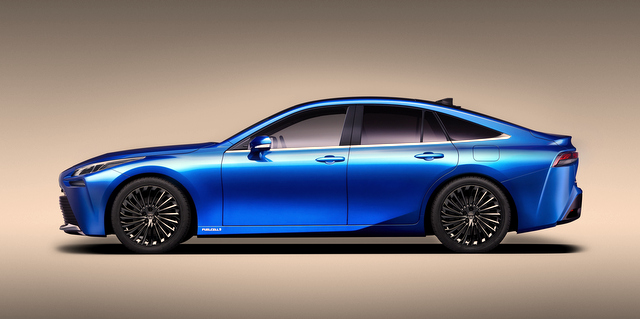
An Electric Future
This event was based around the electrified vehicles currently sold by Toyota. Starting with the hybrids of the Avalon, Camry, Corolla, Highlander, Prius, RAV4, the plug-in hybrid (PHEV) Prius Prime and the hydrogen fuel cell electric vehicle (FCEV) Mirai. Clean Fleet Report has driven all these models (links to our reviews are at the end of this story).
No timeline was announced for when battery electric vehicles (BEV) would be coming to America. The media was assured Toyota is working to develop a line of battery electric vehicles, one of which will be released when Toyota enters the Chinese market next year.
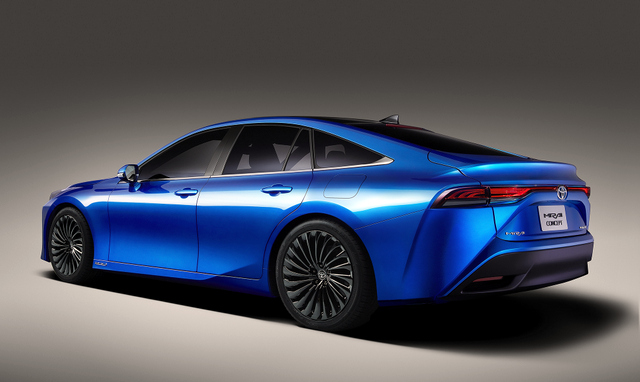
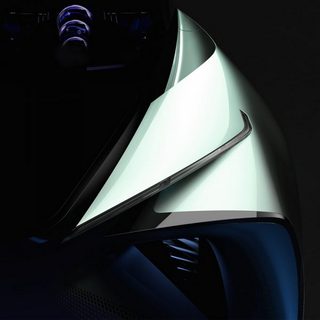
To make it even more interesting, at the 2019 Tokyo Motor Show (Oct. 24-Nov. 4) Lexus, the luxury division of Toyota, will be premiering a BEV concept they say will “leverage continued advances in technologies such as electrification and autonomous driving,…offering a glimpse into Lexus’ future vision.” If Lexus will get a BEV, then it is certain Toyota will also. Stay tuned for updates coming out of the Tokyo show.
Future Product: 2020 RAV4 PHEV
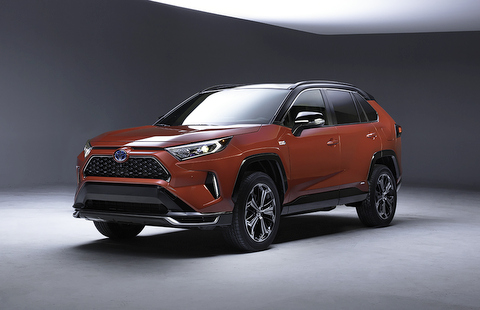
Toyota announced the RAV4 Hybrid will be joined by a plug-in hybrid electric vehicle in Spring 2020. The RAV4 is already Toyota’s best-selling vehicle, and the RAV4 Hybrid is a fuel economy class leader. Expect the RAV4 PHEV to be even more thrifty, and to have a pure electric range of somewhere around 30 miles. Compact crossovers/small SUVs are the hottest category in the car market, so the RAV4 PHEV joining the Ford Escape PHEV and Subaru Crosstrek PHEV is great news for consumers.
Future Product: 2021 Mirai FCEV
The current Toyota Mirai FCEV has been on-sale in America since 2015, selling 6,000 units over that time. Sales have been low for several reasons—two of them being the slow build out of the hydrogen fueling infrastructure and the fact the Mirai is only offered in two states—California and Hawaii. Another factor is that its design has not been accepted by the public. As of 2021, that last objection is a thing of the past.
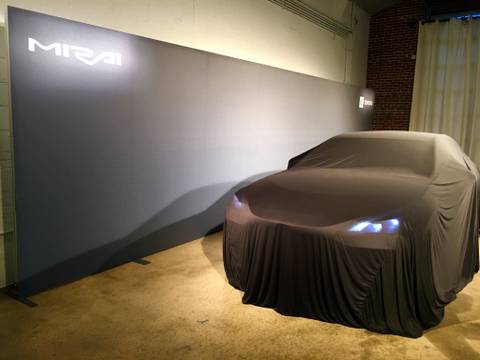
The all-new 2021 Toyota Mirai FCEV is a striking, elegant car with a design that makes it look more Lexus than Toyota. Since it shares a platform with the Lexus LS, the new Mirai will be longer and wider than the outgoing model. The dramatic change in the styling isn’t the only thing going for the new Mirai. It will have more hydrogen storage capacity, improved fuel cell system performance, a 30-percent driving range increase, and actually accommodate three full-size adults in the rear seat. Lastly, another big change is the 2021 Mirai will be rear-wheel drive, not front-wheel drive like the outgoing model. The second generation Mirai will really and truly be an all-new car. Look for it to go on-sale in late 2020.
New Warranty
Beginning with model year 2020, all Toyota electrified vehicles will carry a 10-year/150,000-mile battery warranty that begins at the time of a vehicle’s first use. The warranty is transferable to all subsequent owners of the vehicle. This matches the current battery warranty mandated by California and states that follow its emissions regulations.
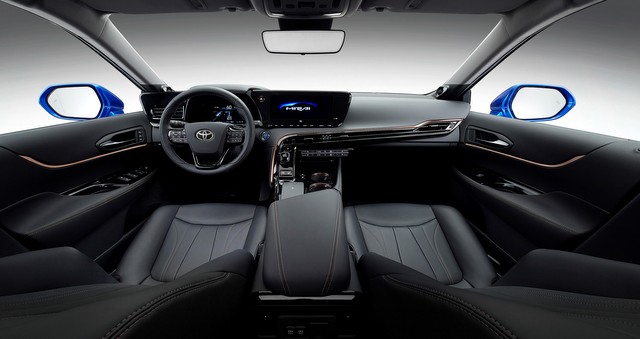
Alliances
In an effort to amortize costs, auto manufacturers have formed partnerships across several different brands. Toyota, Subaru, Mazda and Suzuki have been, and will be designing cars with shared platforms. We already see this with the Toyota 86 and Subaru BRZ twins, and the Toyota Supra sharing a drivetrain with BMW. While this type of cooperation between competitors is nothing new, it is significant and worth noting for the 21st century. The development of hybrid, PHEV, BEV and FCEV technology is massively expensive, so having partners to spread the costs around is smart business.
The Future Is Here
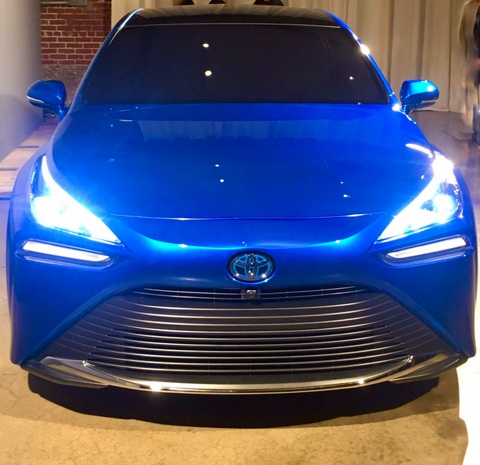
Toyota is all-in with electricity as the keystone propulsion for its future vehicles, including hybrids, plug-in hybrids, battery-electrics and hydrogen fuel cells. Toyota is investing $1 million per hour on research and development across all areas of vehicle design and technology development. This staggering amount will result in consumers having safer, cleaner running and more efficient cars, crossovers, SUVs and trucks in the not-so-distant future; 2025 is right around the corner.
Make sure to opt-in to the Clean Fleet Report newsletter (top right of page) to be notified of all new stories and vehicle reviews.
Related Stories You Might Enjoy—Toyota’s Current Electrified Vehicles
Road Test: 2019 Toyota Avalon Hybrid
Road Test: 2019 Toyota Camry Hybrid
Road Test: 2020 Toyota Corolla Hybrid
Road Test: 2018 Toyota Highlander Hybrid
Road Test: 2016 Toyota Prius
Road Test: 2019 Toyota RAV4 Hybrid
Road Test: 2018 Toyota Prius Prime
Road Test: 2019 Toyota Mirai FCEV

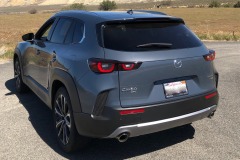
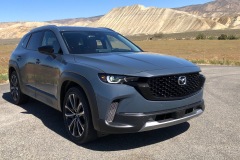
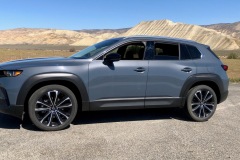
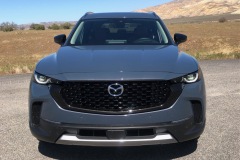
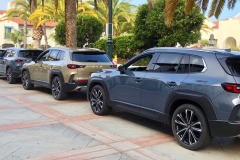
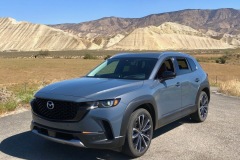
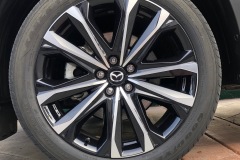
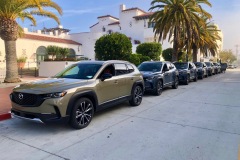
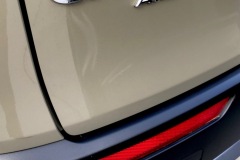
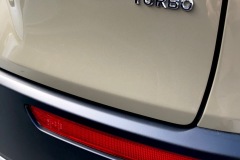
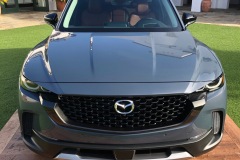
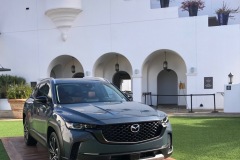
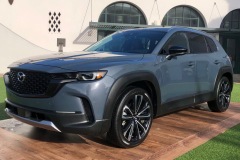
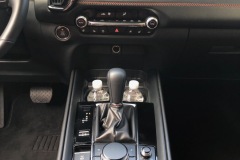
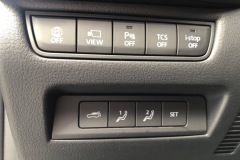
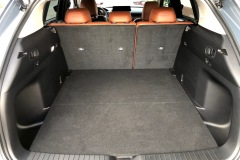

4 thoughts on “News: Toyota Announces Its Electrified Future”